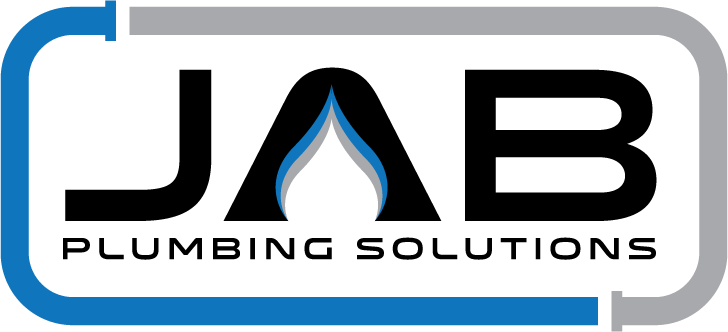Until now, Australian fatbergs have paled in comparison to those found in the United Kingdom (UK). Stories about monster fatbergs the size of six-double decker buses have dominated UK news headlines in recent years. The Museum of London even displayed fragments of the largest fatberg ever found in a bid to educate the public about the dangers of flushing wet-wipes and other items down the toilet.
Fatbergs are large accumulations of wet-wipes, grease and oil, tampons, nappies, condoms and other refuse that have ended up in the drains. Congealed grease acts like glue inside the sewer pipes, binding debris together into impenetrable masses which cause serious blockages.
Last month in April 2020, a 42-tonne fatberg was discovered in the public sewers of Wallan, north of Melbourne. It’s the largest fatberg on record found in the state of Victoria.
Yarra Valley Water managing director Pat McCafferty, told the Sydney Morning Herald (SMH) that the fatberg was bigger than a petrol tanker. It took nine hours and eight people to remove it using sewer jet blasters and high-velocity vacuums. The Wallan fatberg was disposed of in landfill following its extraction.
According to Mr McCafferty, fatbergs are becoming an increasing problem in Australia as we follow in the footsteps of the UK.
"Society is shifting to other products and putting things down toilets that they shouldn’t, so when you already have fats and oils down drains – they shouldn’t be there either – that combines with these materials that aren’t biodegradable to the extent that toilet paper is, and eventually you get this congealed solid mess," Mr McCafferty to the SMH.
"They block sewers and cause costs to extract them, but ultimately if we don’t get to them quickly they can result in sewage spilling into the environment or people’s properties."
Staff at Yarra Valley Water have estimated that the Wallan fatberg accumulated over a relatively short period of time, between three to four months.
While authorities believe the Wallan fatberg is unrelated to the Covid-19 toilet paper shortages, plumbers are already seeing an increase in blocked sewers and drains.
There has been a boom in emergency plumbing callouts as people unintentionally block their drains with toilet paper substitutes such as kitchen towel, wet-wipes or paper napkins.
Don Arscott of Melbourne 24 Hour Plumbing, reported that he unblocked twice as many clogged drains during the peak toilet paper shortages.
"I had one family cutting up bed sheets to wipe their bums," Mr Arscott told the SMH.
If you’re ever in doubt about what items are safe to flush there is one simple rule you can stick to. Only ever flush the three Ps - pee, poo and paper.
RELATED ARTICLES







